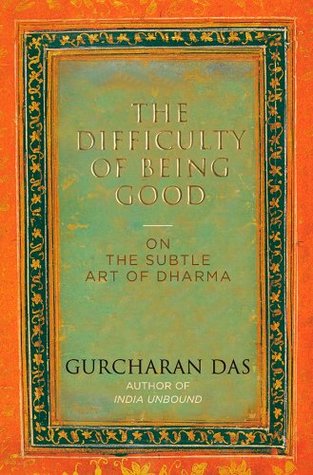Plato thought it was impossible for rational beings to do wrong knowingly.25 But Aristotle disagreed, and he felt that Plato’s view contradicted the observed facts about ordinary human beings. He believed that a person may have the knowledge but may not use it.26 Indian thinkers seem to have shared Aristotle’s practical view. They believed that ‘people do, in fact, act against their moral convictions and this is an unhappy fact about ourselves’.27
Welcome back. Just a moment while we sign you in to your Goodreads account.


